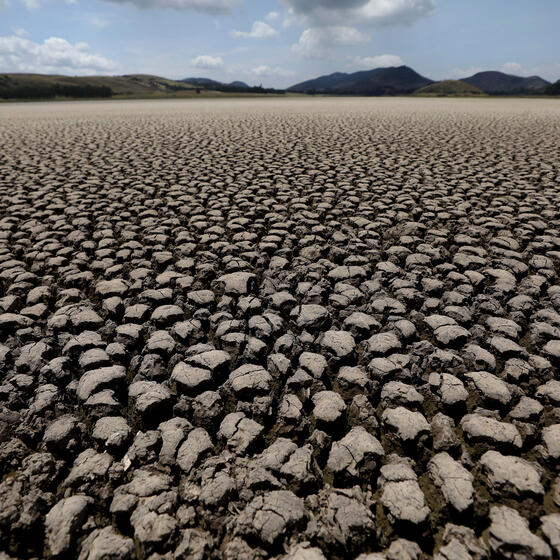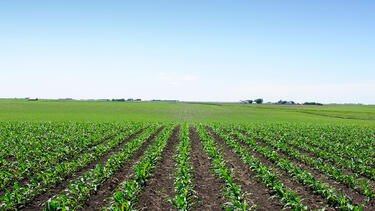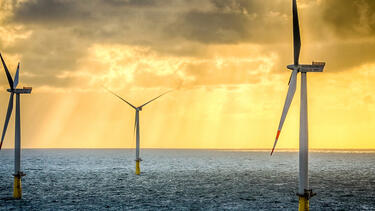Sustainability
Are Companies Abandoning Climate Action?
Last week, Bloomberg reported that mentions of climate change and other environmental topics in corporate earnings calls have dropped by 75% since they peaked three years ago. We asked Yale SOM’s Todd Cort what the change of emphasis says about the state of corporate sustainability efforts.

Can Improving Farming Productivity Save the Rainforest?
Research by Mushfiq Mobarak suggests that improved crop productivity through electrification pushes Brazilian farmers away from land-intensive cattle grazing.
Should We Put a Price on Water?
Jim Matheson, CEO of Oasys Water, discusses the role for policy and innovation in avoiding a global freshwater crisis.

Is Climate Change Too Big for Business?
Frances Beinecke argues that climate change is too fundamental for business to solve without a framework set by public policy.

How Did Volkswagen Go Wrong?
Three Yale faculty on the causes and consequences of the Volkswagen emissions scandal.

Can We Change the Climate Conversation?
Yale's Brad Gentry on the state of the climate change talks and what a recent Global Network survey of MBA students tells us about the change in the discourse.
Can Business Change the Game on Climate Change?
When the United Nations Framework Convention on Climate Change meets in Paris in December, business leaders will be part of the discussion for the first time.

Seven Reasons Volkswagen Is Worse than Enron
In the Financial Times, Yale SOM’s David Bach writes that the Volkswagen emissions scandal could destroy an iconic German company and set back efforts to use technology to achieve environmental sustainability.

How Big Can Organic Grow?
Organic food is booming. Even after a dip during the financial crisis, organics have continued to grow at an impressive clip worldwide. But organic food remains a small fraction of total food consumption. Will organics will ever be able to break into the mainstream? Yale Insights talks with Denis Ring ’84, founder of organic chocolate company Ocho Candy and creator of Whole Foods’ 365 organic store brand.

Does a ‘Both/And’ Approach Work in Sustainability?
Tradeoffs are an inevitable part of doing business. And sustainability work in particular involves spending a great deal of time in the tug of war of competing priorities. Eric Spiegel, president and CEO of Siemens USA, discussed that company’s efforts to minimize tradeoffs.

Where are the Boundaries for Economic Growth in China?
With global population projected to rise to 9.6 billion by 2050, the pressure on natural systems that provide food, energy, water, and other resources necessary for human life is a major strategic challenge for business and society. China, with its large population and rapid economic development, is a big piece of the puzzle.